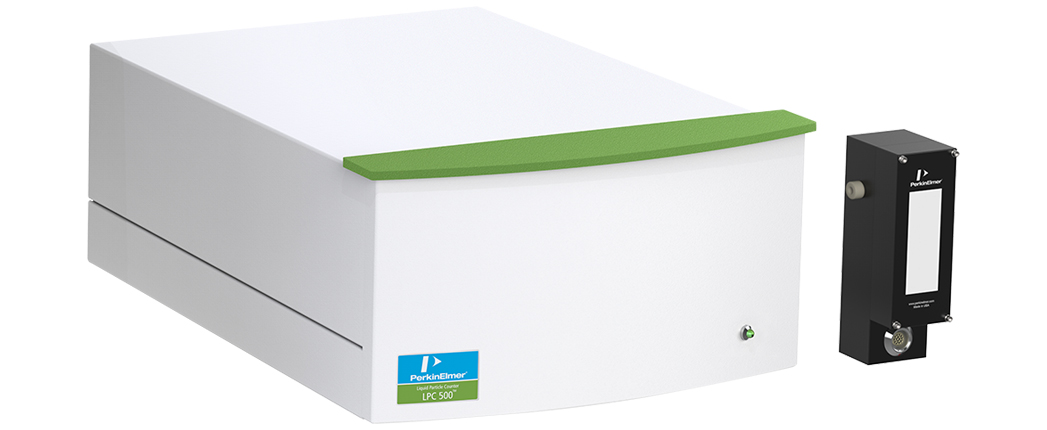
Clean, contaminant-free lubricants and oils are vital for machinery to run smoothly and efficiently. An increase in particulate levels means additional wear, more maintenance, and unexpected downtime.
For decades, laboratories have relied on slow and expensive equipment to measure and count particulate levels for in-service lubricants. Hundreds if not thousands of samples pass through oil testing labs on a daily basis – yet with such high volumes, some struggle to achieve the same high levels of consistency and accuracy.
PerkinElmer’s novel LPC 500 Liquid Particle Counter not only addresses each of these challenges but provides a far more cost-effective and efficient solution. It was launched in late 2019, receiving a positive response after several years in development and extensive beta testing.
In the past, particle count and elemental analyses had to be completed separately – and customers had long been demanding a faster, more effective way of testing. Through close collaboration with one of its suppliers, PerkinElmer’s hyphenated technique was born – a unique concept that linked a particle counter with an autosampler and used that to feed the ICP for elemental analysis.
PerkinElmer’s innovative approach now allows both tests to be carried out together in a single run – saving time, cutting costs, and boosting productivity. In practice, the technology means the same sample can be analyzed for both in around 45 seconds.
There are several different particle counting techniques available, says Cory Schomburg, principal scientist for key accounts at PerkinElmer, but issues with the viscosity of the oils and homogenization mean test results can be varied.
“Most techniques are slow and some can be extremely labor intensive,” he notes. “Some techniques require multiple instruments to improve throughput; others suffer from interference problems, or get poor data because they can’t cope with the different viscosities of the oils. There can also be a lot of waste because of the large sample sizes.”
The LPC 500 addresses each of these issues. Homogenized samples are diluted with kerosene solvent so each has the same viscosity, ensuring a consistent flow through the particle counter cell and considerably increasing reproducibility. As lower sample volumes of only 1 milliliter are required rather than the 10-20 ml used in other systems, it also proves to be a far more sustainable and efficient solution, and helps to significantly reduce cost and waste.
Consisting of three core components – an optical sensor, a multi-channel pulse analyzer, and a software controller – the small size of the unit and its discrete footprint is another huge advantage, helping to free up valuable bench space in the lab.
“Modern laboratories need reproducible results otherwise it causes huge frustration. The data needs to be reliable and, when you’re dealing with hundreds of samples a day, time is a huge factor,” adds Schomburg. “We’ve had great feedback about the LPC 500 Particle Counter and believe it will be a real game-changer.”
To find out more about the LPC 500 Liquid Particle Counter, visit PerkinElmer’s website at https://www.perkinelmer.com/product/lpc-500-liquid-particle-counter-n0810904